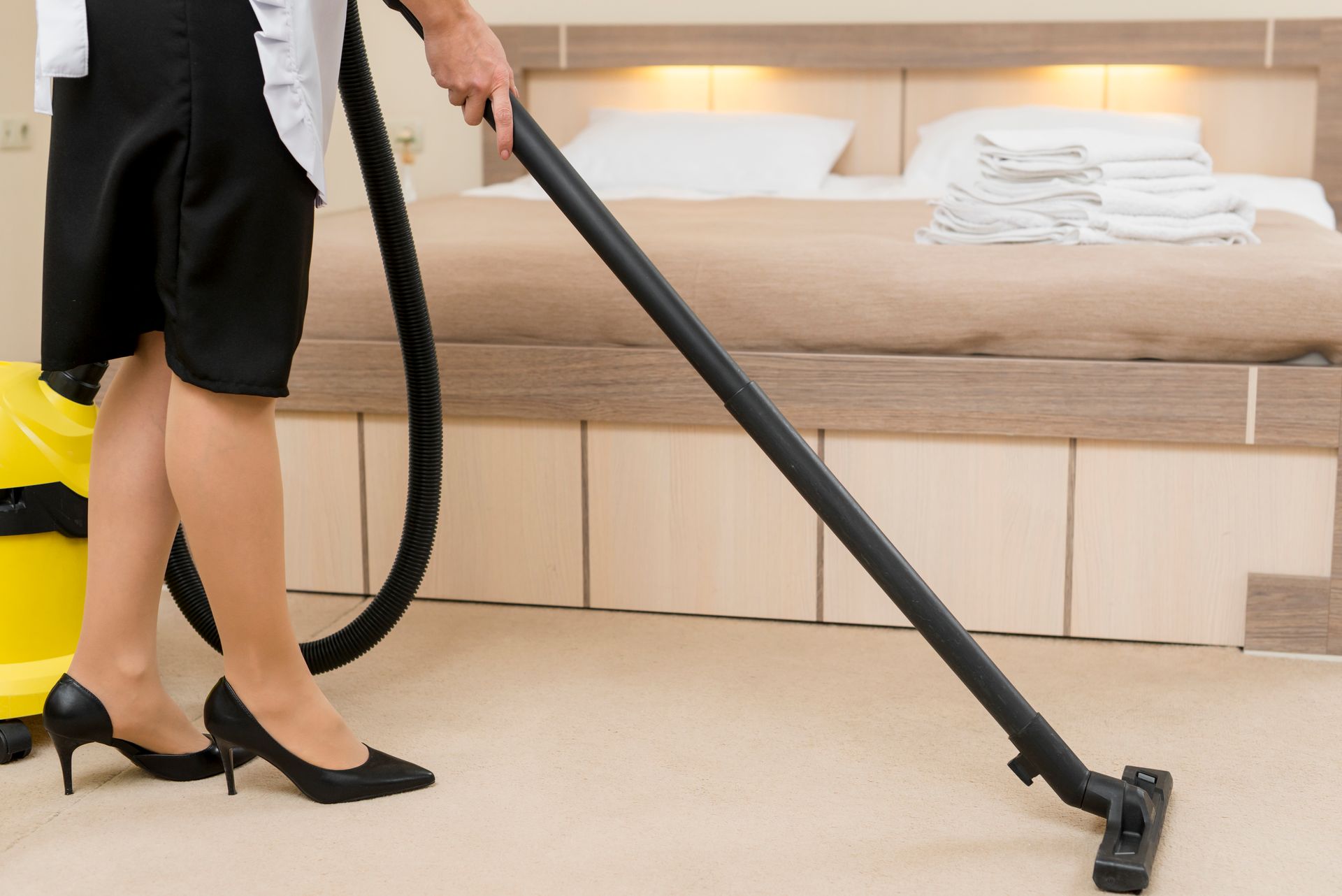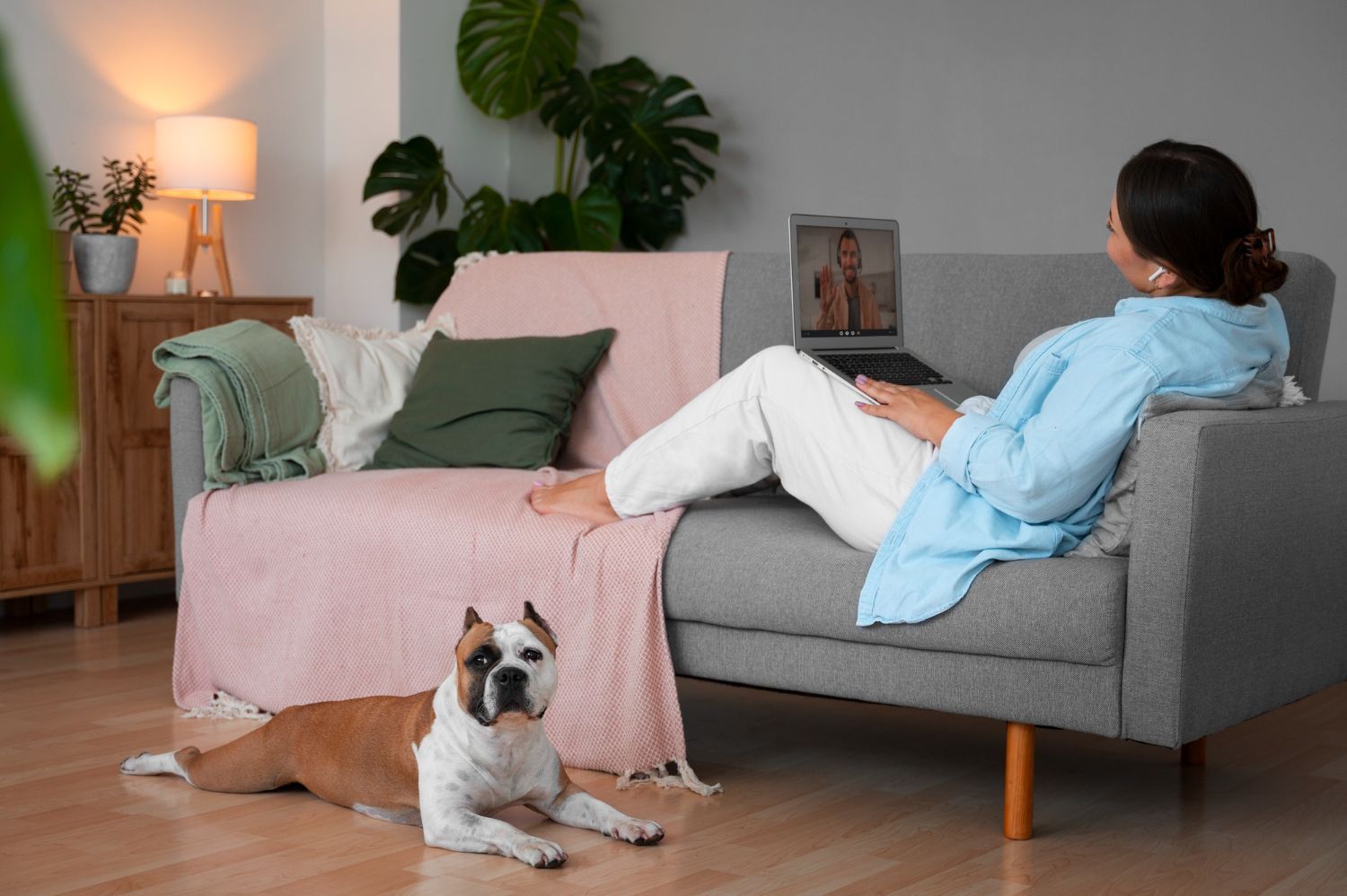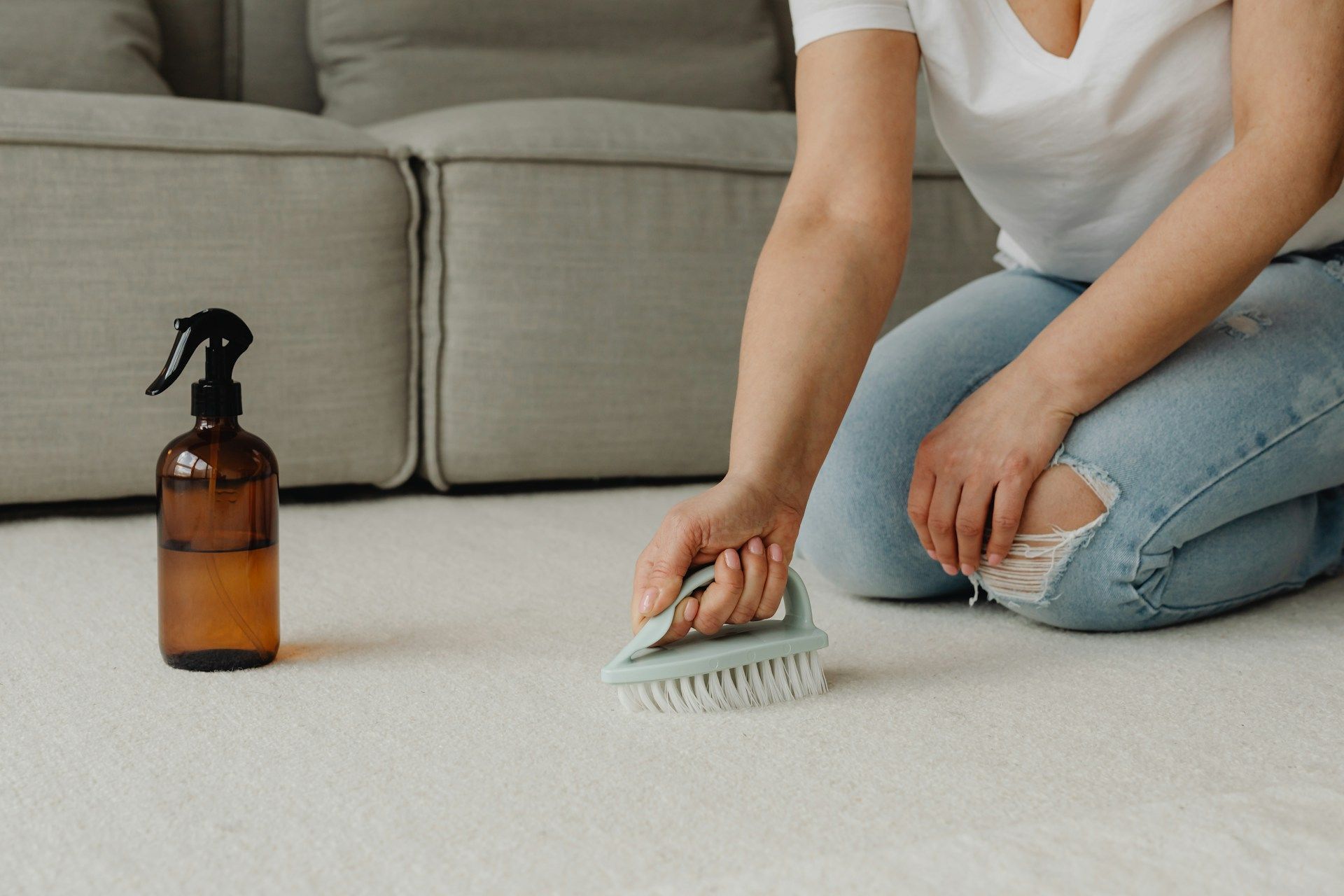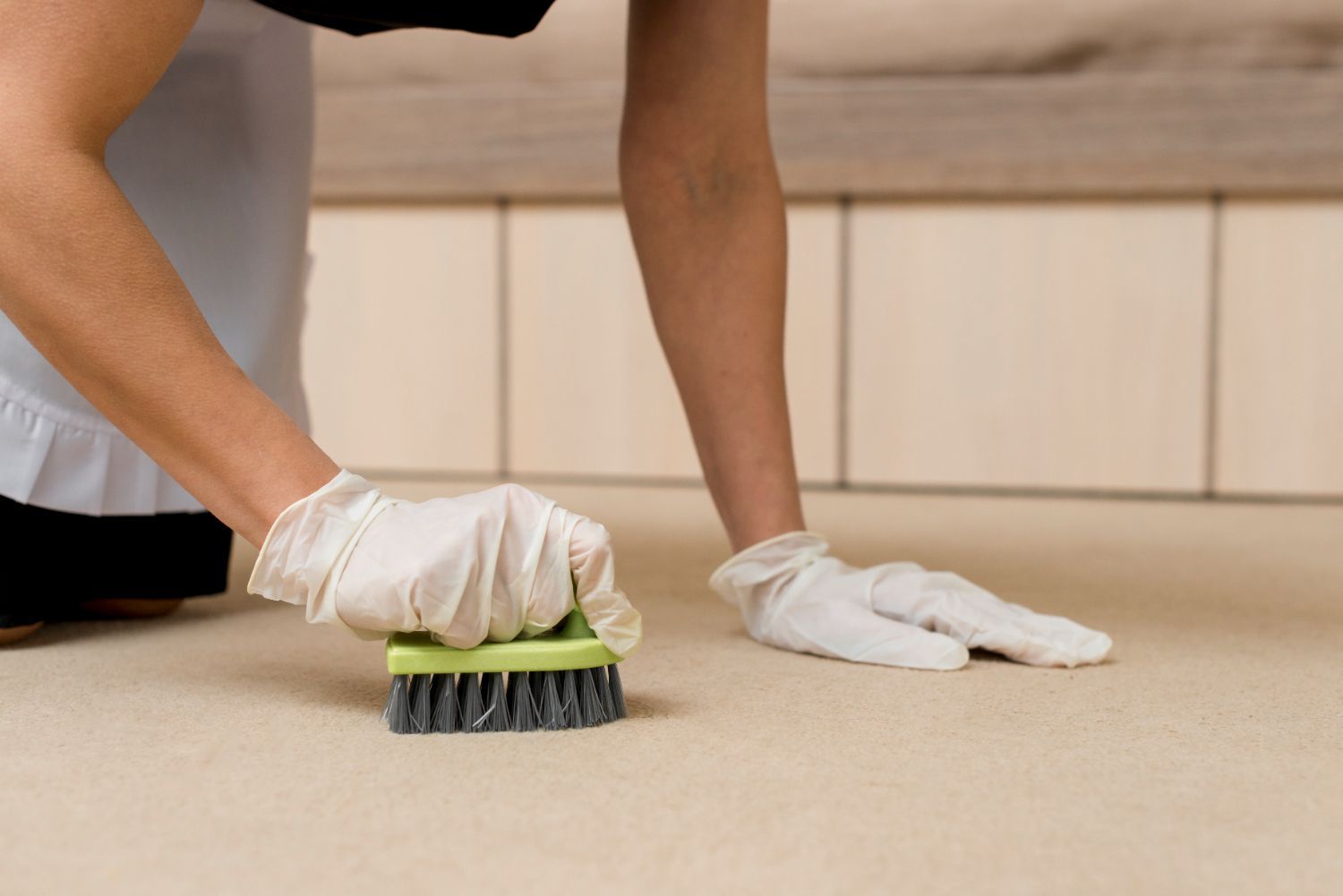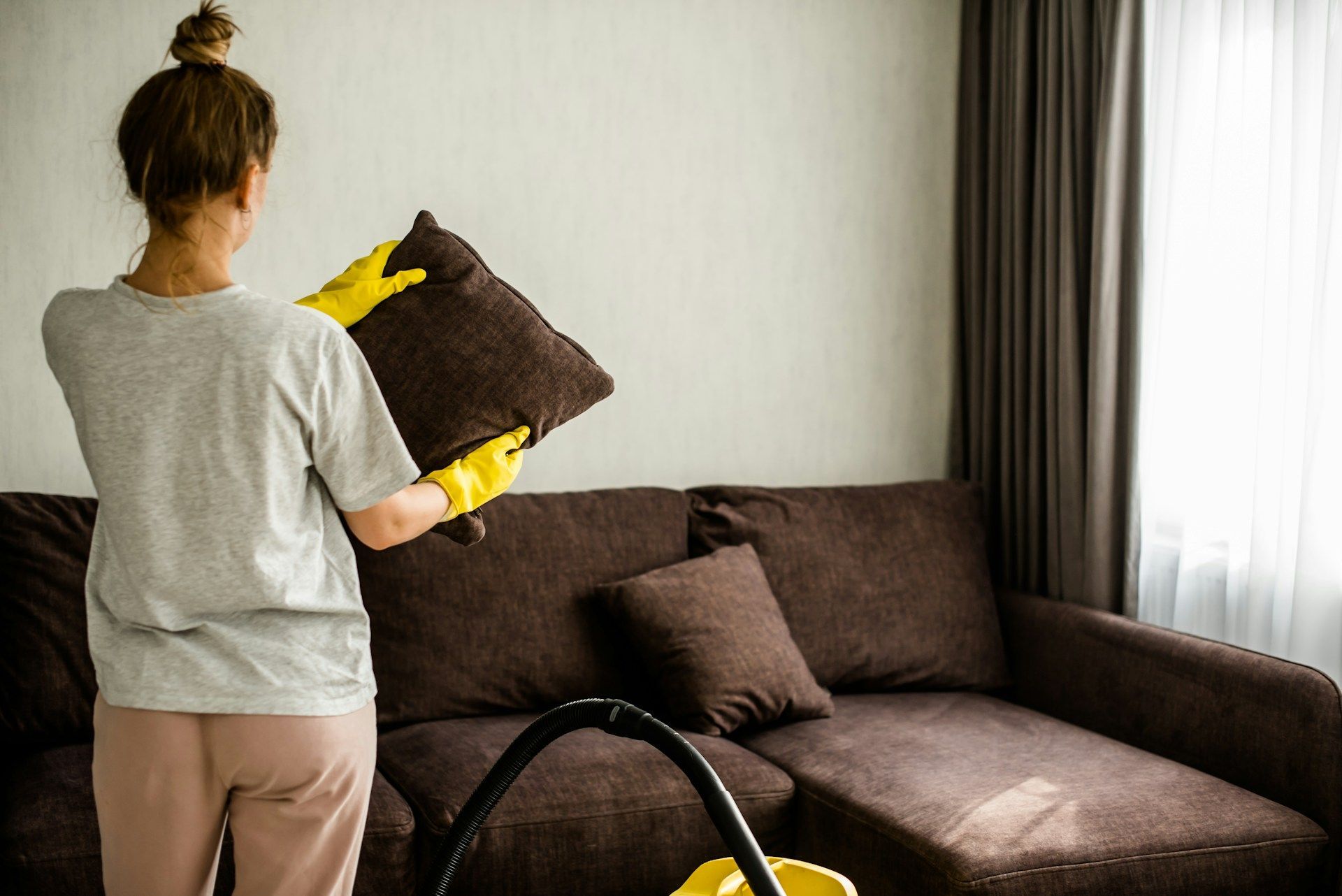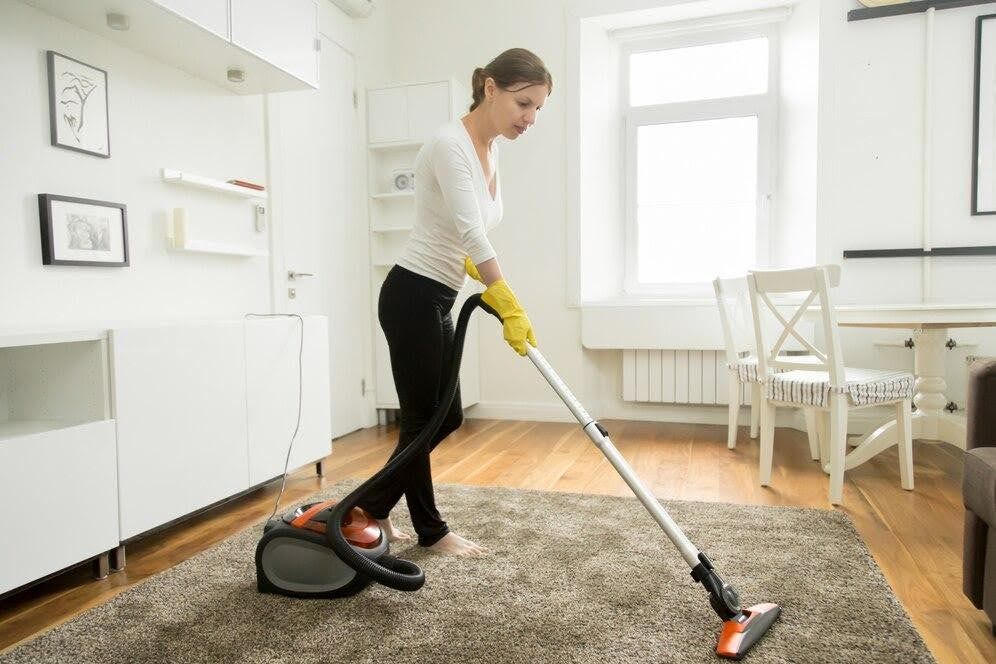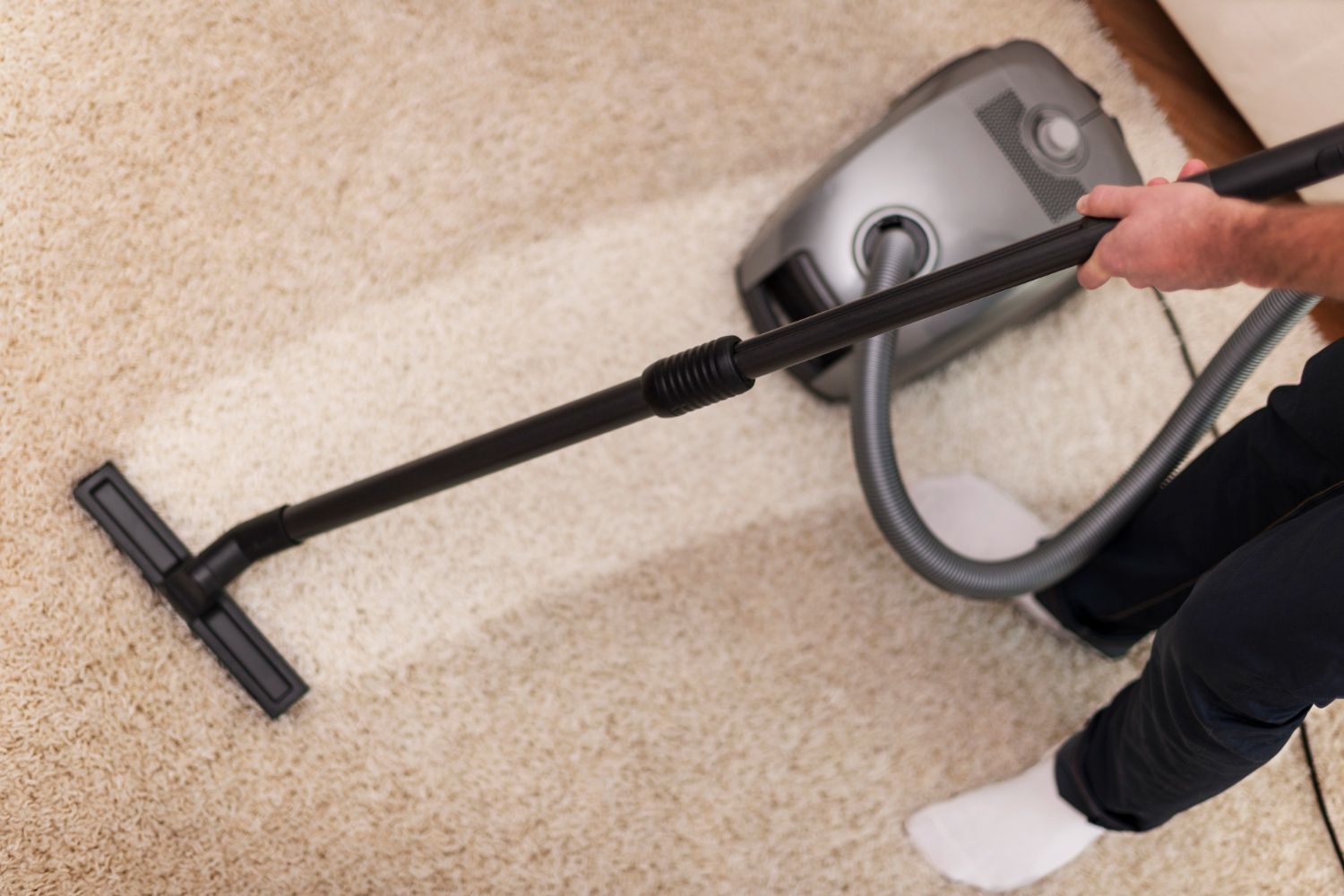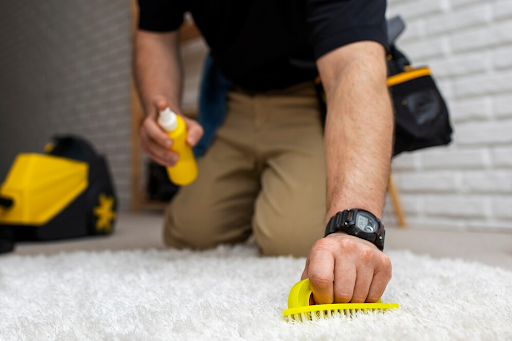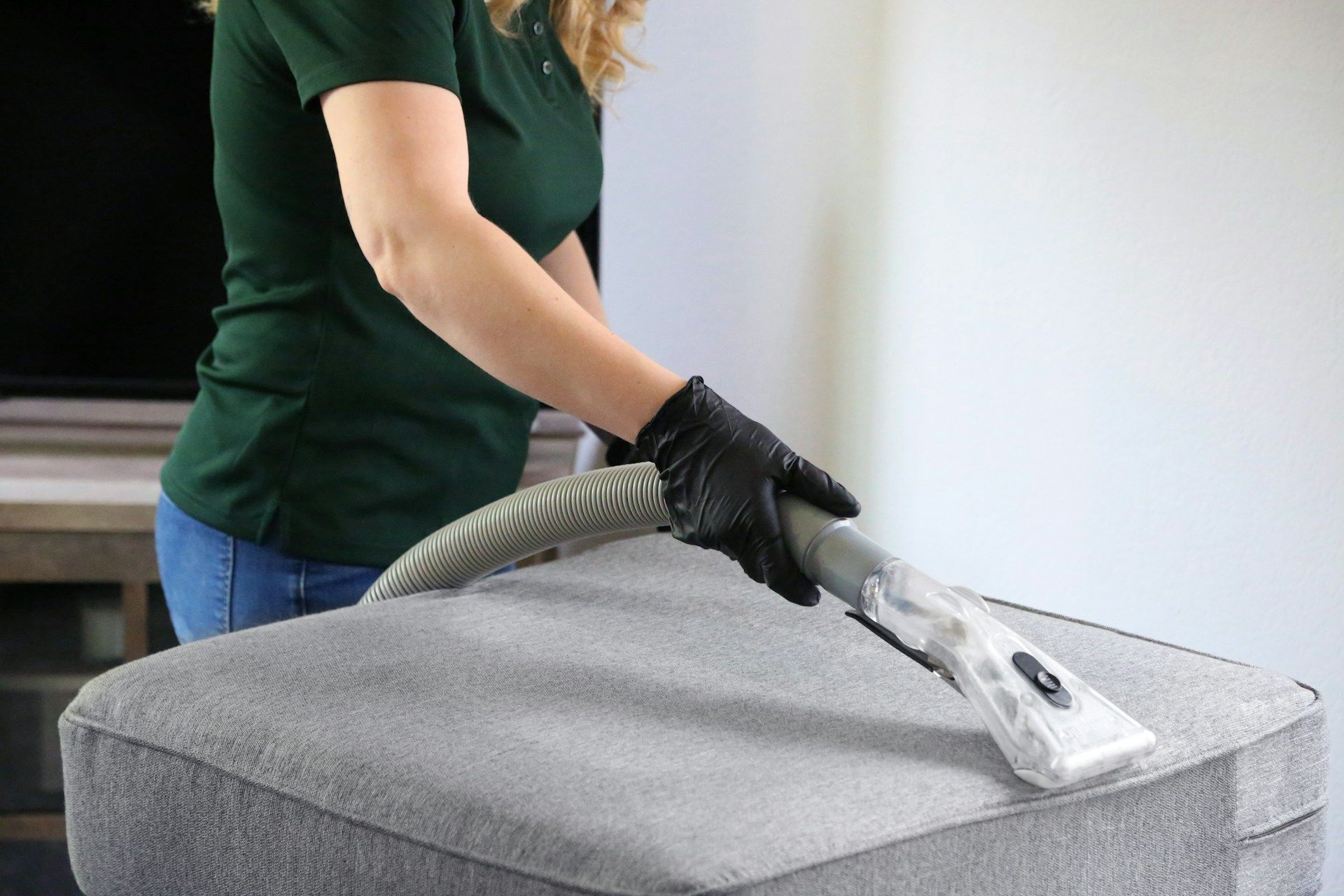The Impact of Carpet Cleaning on Indoor Air Quality
Indoor air quality is a critical aspect of a healthy home environment. Many people focus on dusting and ventilating their homes but often overlook the significant role carpets play in air quality. Since carpets cover large areas of our homes, they can affect the air we breathe every day. Understanding how carpets can impact indoor air quality is essential for maintaining a healthier living space.
Maintaining clean carpets is about more than just aesthetics; it directly impacts the air quality in your home. Regular carpet cleaning removes deep-seated dirt and allergens, improving the overall air you breathe. In this article, CitruSolution will help you explore the connection between carpets and air quality, identify common pollutants that get trapped in carpets, and discuss how regular cleaning can enhance indoor air quality. We’ll also offer practical tips for keeping your carpets clean to ensure you and your family enjoy a healthier home environment.
Understanding the Connection Between Carpets and Air Quality
Carpets can significantly impact the air quality inside your home. Acting like large air filters, carpets trap dust, dirt, pollen, and other particles that settle from the air. While this can help reduce the number of airborne particles, it also means that these pollutants can build up over time if the carpet is not regularly cleaned. Each time someone walks across the carpet, these trapped particles can get stirred back into the air, contributing to poor indoor air quality.
Moreover, carpets can retain moisture, becoming a breeding ground for mold and mildew if not properly dried. Mold spores can be particularly harmful to your respiratory health, potentially triggering allergies and asthma. In addition to biological pollutants like mold, carpets can trap chemical pollutants from cleaning products, pesticides, and volatile organic compounds (VOCs), further degrading the air quality in your home.
Regular cleaning is essential for keeping these pollutants at bay and ensuring that your carpets contribute positively to your home's environment. Properly maintained carpets can effectively trap and hold particles until they are removed, which helps maintain cleaner air in your living spaces. Understanding this connection highlights the importance of regular carpet maintenance as part of an overall strategy to improve indoor air quality.
Common Pollutants Trapped in Carpets
Several types of pollutants commonly find their way into carpets, contributing to indoor air quality issues. Here are some of the most prevalent ones:
1. Dust and Dirt: Every day dust and soil are tracked into the house on shoes and feet. These particles can settle deep into carpet fibers, where they become difficult to remove with regular vacuuming.
2. Pollen: Outdoor pollen can be brought indoors on clothes, shoes, and through open windows. Once inside, it can settle into your carpets, causing issues for those with seasonal allergies.
3. Pet Dander: If you have pets, their dander, or tiny flakes of skin, can become embedded in the carpet. Pet dander is a common allergen that can lead to respiratory problems for sensitive individuals.
4. Mold and Mildew: Spills, pet accidents, and high humidity can introduce moisture into your carpets. If not promptly and thoroughly dried, this moisture can encourage the growth of mold and mildew, which can release harmful spores into the air.
5. Chemical Residues: Residues from household cleaning products, pesticides, and other chemicals can also accumulate in carpets. These substances can off-gas over time, releasing volatile organic compounds (VOCs) that contribute to indoor air pollution.
6. Dust Mites: These microscopic creatures thrive in the warm, humid environment provided by carpet fibers. Dust mite droppings are a common allergen and can exacerbate asthma and allergy symptoms.
Understanding the types of pollutants that can become trapped in your carpets underscores the importance of regular and thorough cleaning. By keeping your carpets clean, you reduce the presence of these pollutants, helping to maintain healthier indoor air.
How Regular Carpet Cleaning Improves Indoor Air Quality
Regular carpet cleaning is essential for maintaining good indoor air quality. By removing the accumulated dust, dirt, and other pollutants, you can significantly reduce the number of particles that get recirculated into the air. One of the primary benefits of professional carpet cleaning is the deep extraction process, which targets contaminants embedded deep within the carpet fibers that regular vacuuming might miss.
Professional carpet cleaners use specialized equipment and cleaning solutions that effectively break down and remove various pollutants. This includes high-efficiency particulate air (HEPA) vacuums, which capture fine particles and allergens. The result is a cleaner carpet surface and a significant reduction in the pollutants that can affect air quality.
Additionally, regular cleaning helps to control moisture levels in carpets, which is crucial for preventing mold and mildew. By promptly addressing spills and maintaining dry carpets, you reduce the risk of mold spores, which can be harmful when inhaled. Thorough cleaning also removes dust mite infestations, further contributing to a healthier indoor environment. Regular professional carpet cleaning ensures that your carpets stay hygienic, enhancing the overall air quality in your home.
Tips for Maintaining Cleaner Air With Carpets
Maintaining cleaner air with carpets involves a combination of regular cleaning practices and preventive measures to reduce the influx of pollutants. Here are some practical tips:
1. Vacuum Regularly: Use a vacuum with a HEPA filter to clean your carpets at least twice a week. This helps to capture smaller particles and allergens effectively. Focus on high-traffic areas where dirt and pollutants accumulate more quickly.
2. Use Doormats: Place doormats at all entry points to trap dirt and moisture before they reach your carpets. Encourage family members and visitors to wipe their feet and remove their shoes upon entering.
3. Control Humidity Levels: Use a dehumidifier in areas prone to high humidity. Keeping humidity levels below 50% helps prevent mold and dust mite growth in carpets.
4. Clean Spills Immediately: Address spills and stains as soon as they occur to prevent them from seeping deep into the carpet fibers. Use a blotting method with a clean cloth and a pet-safe cleaning solution.
5. Regular Professional Cleaning: Schedule professional carpet cleanings at least once a year. This deep cleaning process removes stubborn dirt, allergens, and residues that regular vacuuming cannot.
6. Practice Good Pet Hygiene: Bathe and groom your pets regularly to reduce the amount of dander and hair they shed onto your carpets. Consider using pet-specific vacuum attachments for better results.
By following these tips, you can significantly reduce the amount of pollutants in your carpets, thereby maintaining cleaner air and a healthier home environment.
Conclusion
Maintaining clean carpets is more than just about aesthetics; it plays a vital role in ensuring good indoor air quality. Carpets can trap various pollutants, including dust, pollen, pet dander, and chemical residues, all of which can affect your home's air and potentially lead to health issues. Regular and thorough carpet cleaning, both through daily routines and professional services, significantly reduces the concentration of these pollutants, promoting a healthier living environment.
By understanding the types of pollutants that can get trapped in your carpets and implementing effective cleaning practices, you contribute to better indoor air quality in your home. Simple measures like frequent vacuuming with a HEPA filter, controlling humidity levels, and addressing spills promptly can make a big difference. Additionally, regular professional carpet cleaning is essential for deep cleaning and maintaining the overall hygiene of your carpets.
Take charge of your indoor air quality by prioritizing carpet cleanliness. For
affordable carpet cleaning, schedule a visit with CitruSolution Carpet Cleaning. Our specialized services ensure your carpets are not only clean but also contribute to a healthier home environment. Contact us today to experience a cleaner, fresher living space.

QUICK LINKS
PAYMEnts
American Express | Cash | Check | Discover | MasterCard | Visa | Venmo
SERVICE AREAS
QUICK LINKS
PAYMEnts
American Express | Cash | Check | Discover | MasterCard | Visa | Venmo
SERVICE AREAS
Walton County, GA
Newton County, GA
Covington & Grayson Areas
Lake Oconee, GA
Greene County, GA
Putnam County, GA
Morgan County, GA
Copyright ©2025 | Be Citrus Clean | All Rights Reserved | Created by Faithworks Marketing


